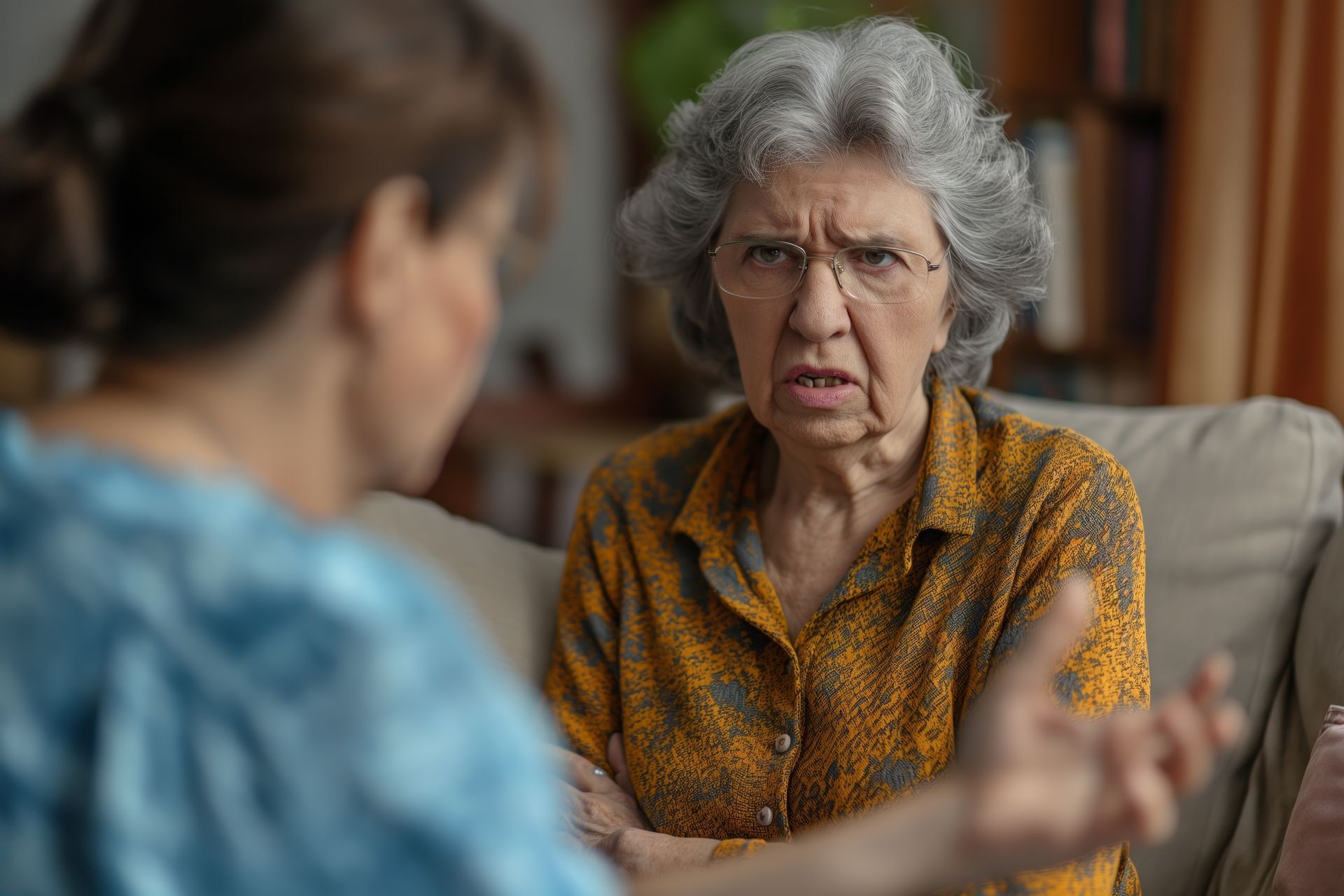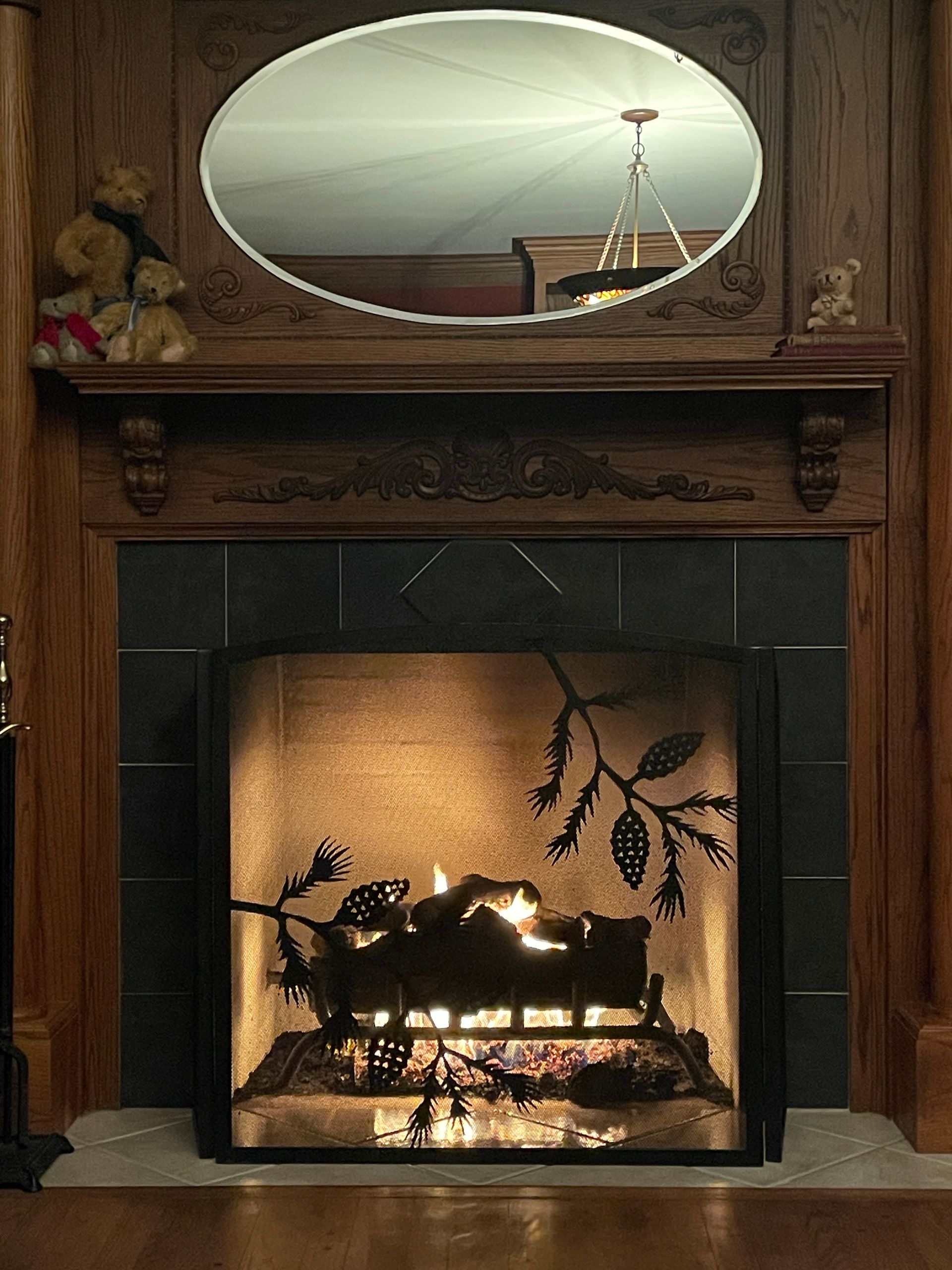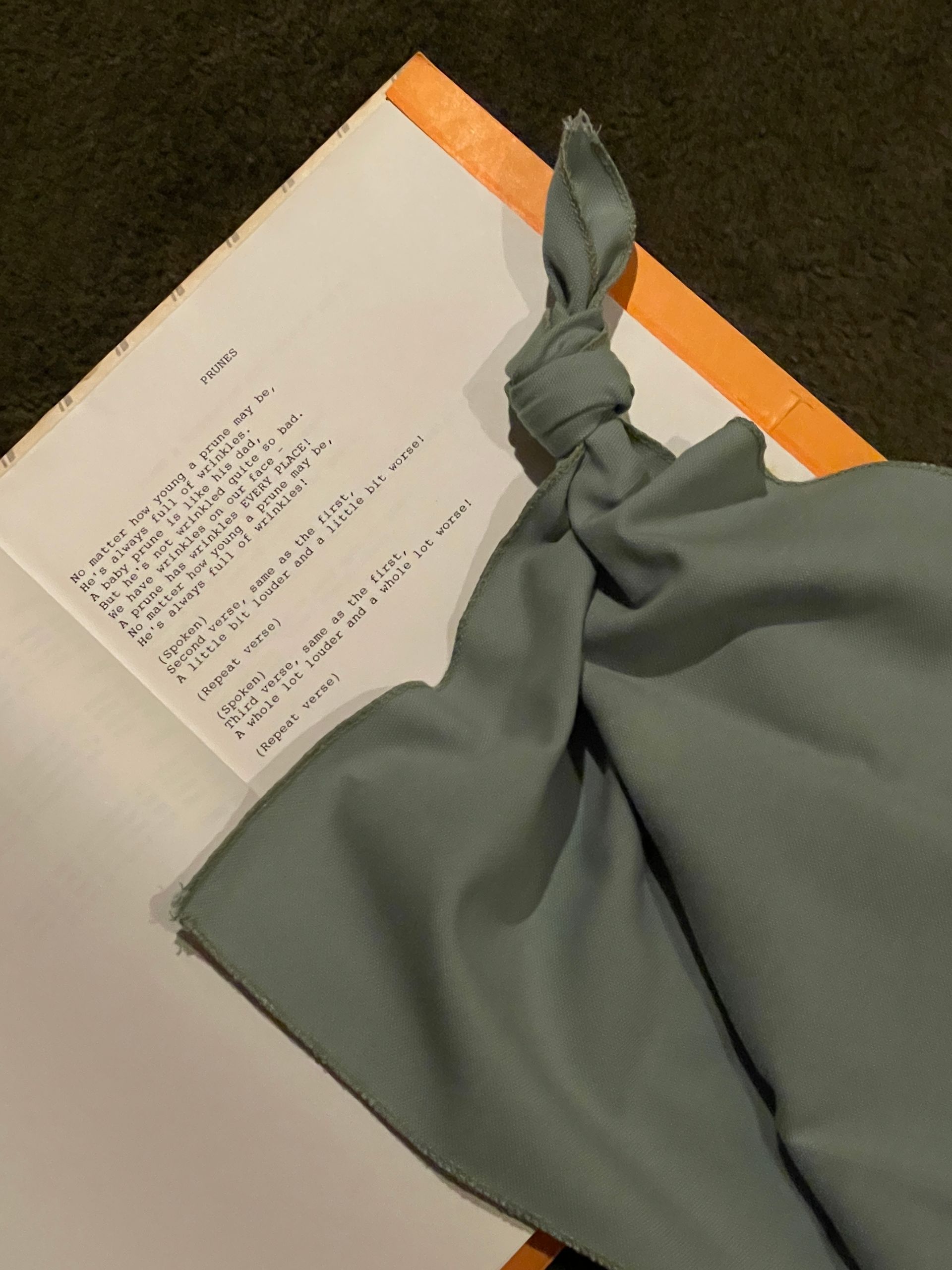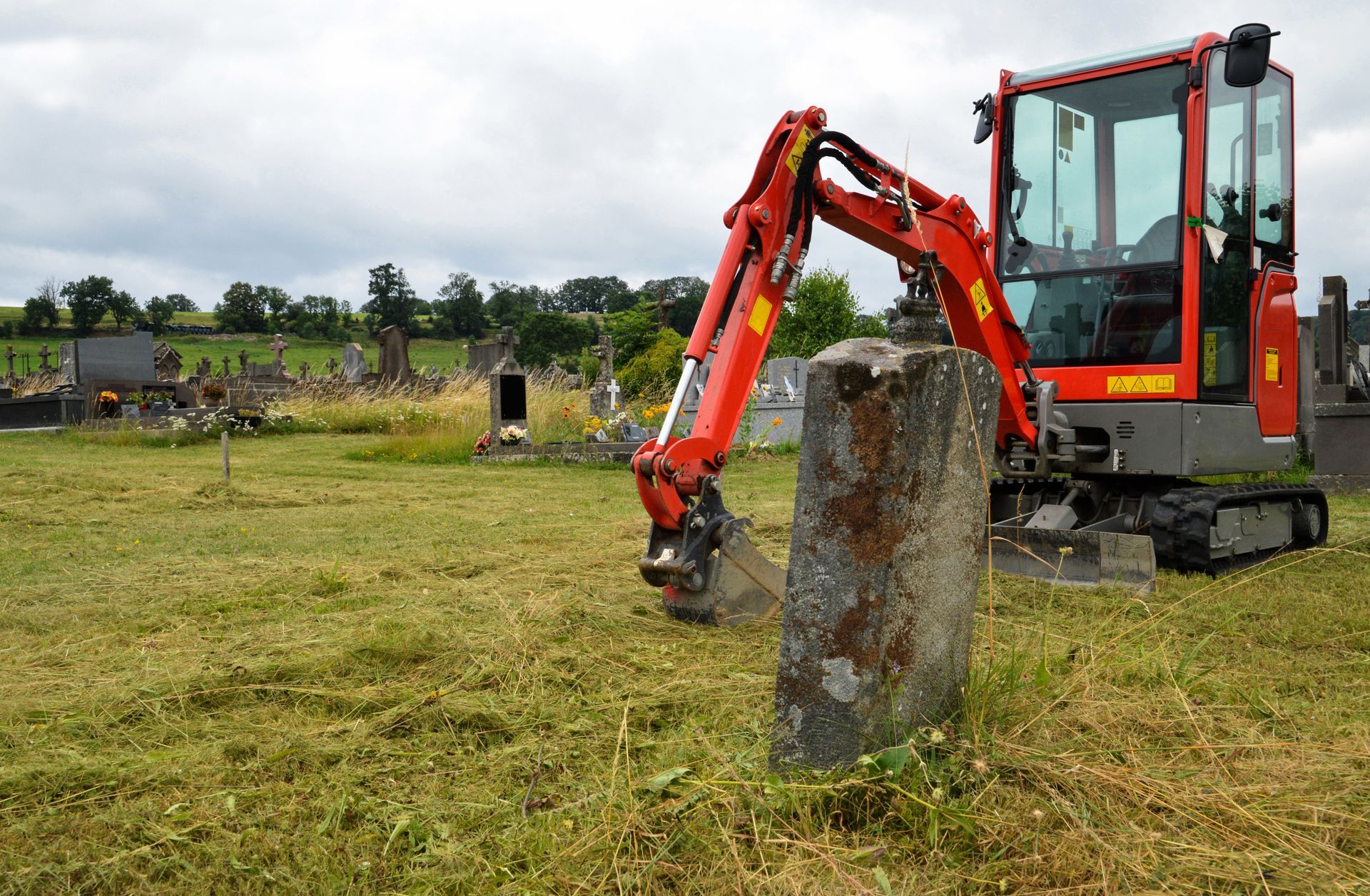Through No Fault of Their Own

I blamed the Bunny Bread man. If he hadn’t parked where he did, she would have seen the oncoming traffic. If she had seen the oncoming traffic, she wouldn’t have pulled out. If she hadn’t pulled out, he wouldn’t have hit her. And if he hadn’t hit her, she wouldn’t have died.
He called the evening of her visitation and I was the one who answered the phone—he being the gentleman who hit her, not the Bunny Bread man. He didn’t know what to do. She had pulled out in front of him and there simply wasn’t time to stop. He tried—he really tried—but he just couldn’t stop. He wanted her family to know that. He wanted them to understand how much he regretted his part in her death. He wanted to talk to them, to explain how it all came about. He couldn’t sleep. He couldn’t eat.
And every time he closed his eyes, he saw her face—the face that, in the split second before impact, looked up at him in horror when she realized what she had done.
You never know how families will feel about a person who directly, but through no fault of their own, causes the death of someone they love. There can be forgiveness and mercy and understanding or there can be anger and hatred and bitterness. There can also be a combination of it all. I didn’t know which family this was and I couldn’t subject them—or him—to that kind of uncertainty. If all went well then everyone would benefit, but if it didn’t then a terrible situation would just be that much worse.
I suggested he send them a letter, a letter that expressed his condolences and his deepest regrets over the situation. If he wanted to he could include his phone number so they could contact him should they choose. By giving him a means of speaking to her family without directly confronting them, it was as though I had given him a glimmer of hope. He was grateful and hung up saying he would do that . . . he could do that . . . that’s what he was going to do. I don’t know if he ever did, and if he did I don’t know how her family responded.
There were two other pieces of information I imparted before ending the conversation—the name of our grief counselor and his phone number. Although we expect those who have suffered a loss to grieve, I’m not sure we always realize those who may have accidentally brought about that loss will suffer as well. This man was so guilt-ridden he had ceased to function; the normal activities of life were impossible for him. He was literally haunted by the person whose death he brought about and was grasping for anything— anything —that might provide some relief from the overwhelming knowledge that he was directly responsible for her death. The fact that it was an accident over which he had no control didn’t matter. The end result was the same.
We must be careful when we decide to judge someone in these circumstances, especially if we’re leaning toward a guilty verdict. I had a hard enough time when I hit a raccoon on the way home from work; I cannot even begin to imagine how it would feel to take a human life—and I hope I never do. Through no fault of their own, that person’s life will be changed forever . . . and not in a good way. In situations such as this—when the death is truly an unavoidable accident—we should be as kind and compassionate to the person responsible as we are to the family who suffered the loss. Forgiving yourself is extremely difficult when the rest of the world refuses to follow suit.
The post Through No Fault of Their Own appeared first on Shackelford Funeral Directors | Blog.
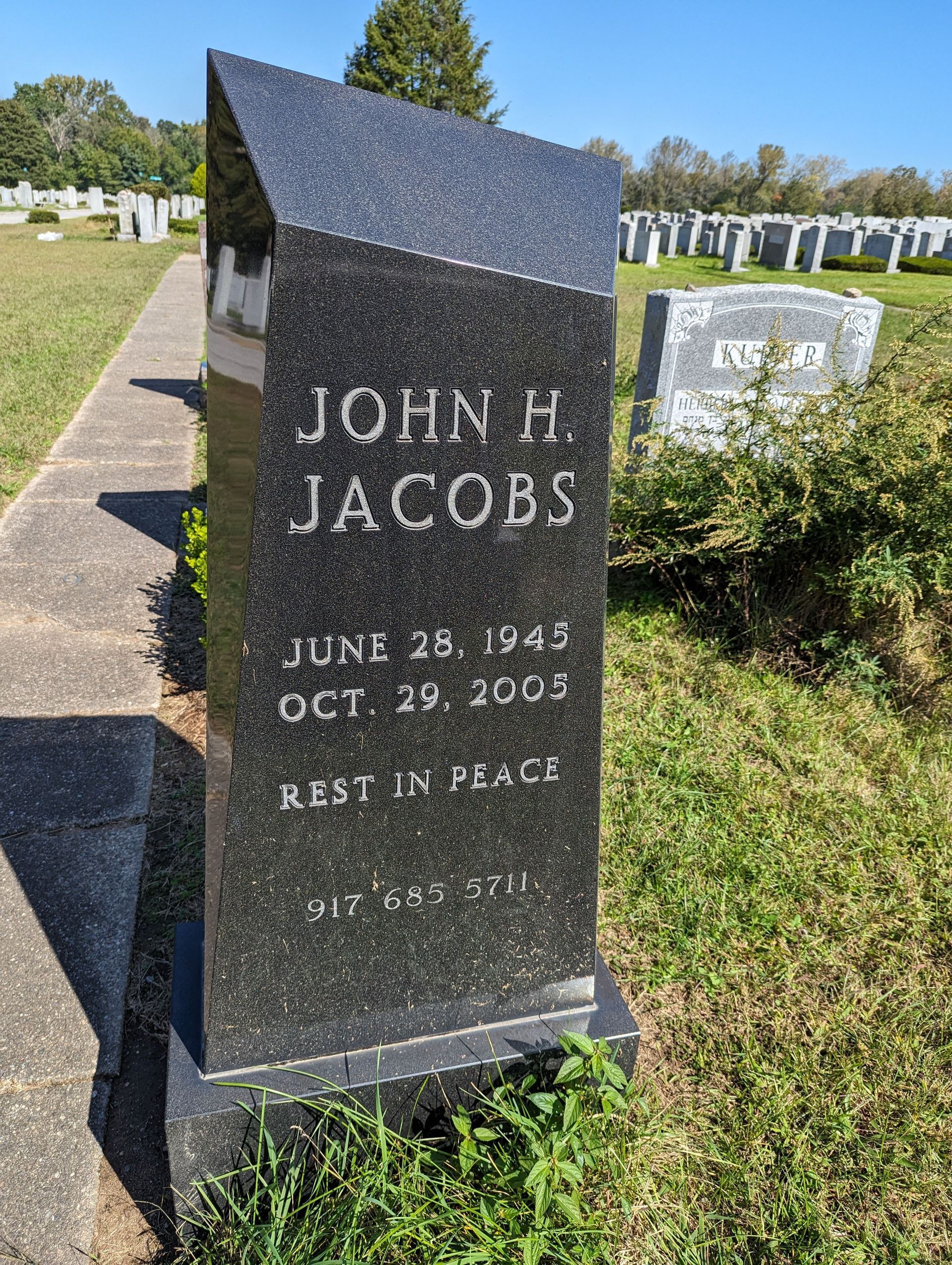
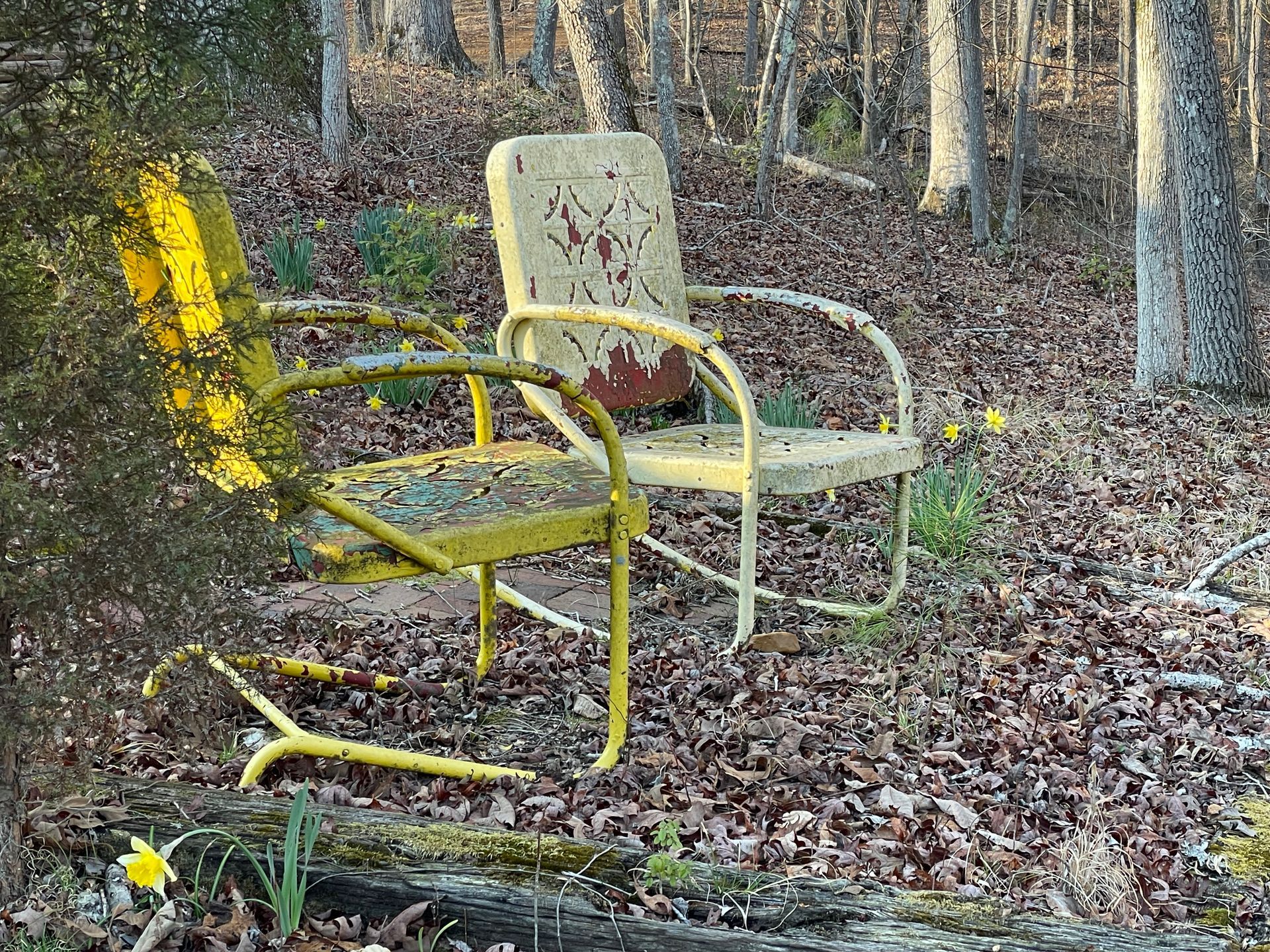
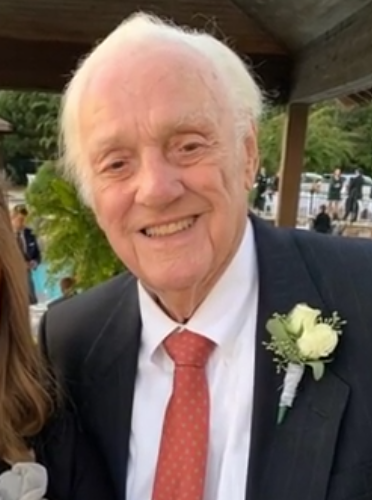
365 Days of Grief Support
Sign up for one year of grief messages designed to offer hope and healing during the difficult first year after a loss
Please wait
Verifying your email address
Please wait
Unsubscribing your email address
You have been unsubscribed
You will no longer receive messages from our email mailing list.
You have been subscribed
Your email address has successfully been added to our mailing list.
Something went wrong
There was an error verifying your email address. Please try again later, or re-subscribe.


